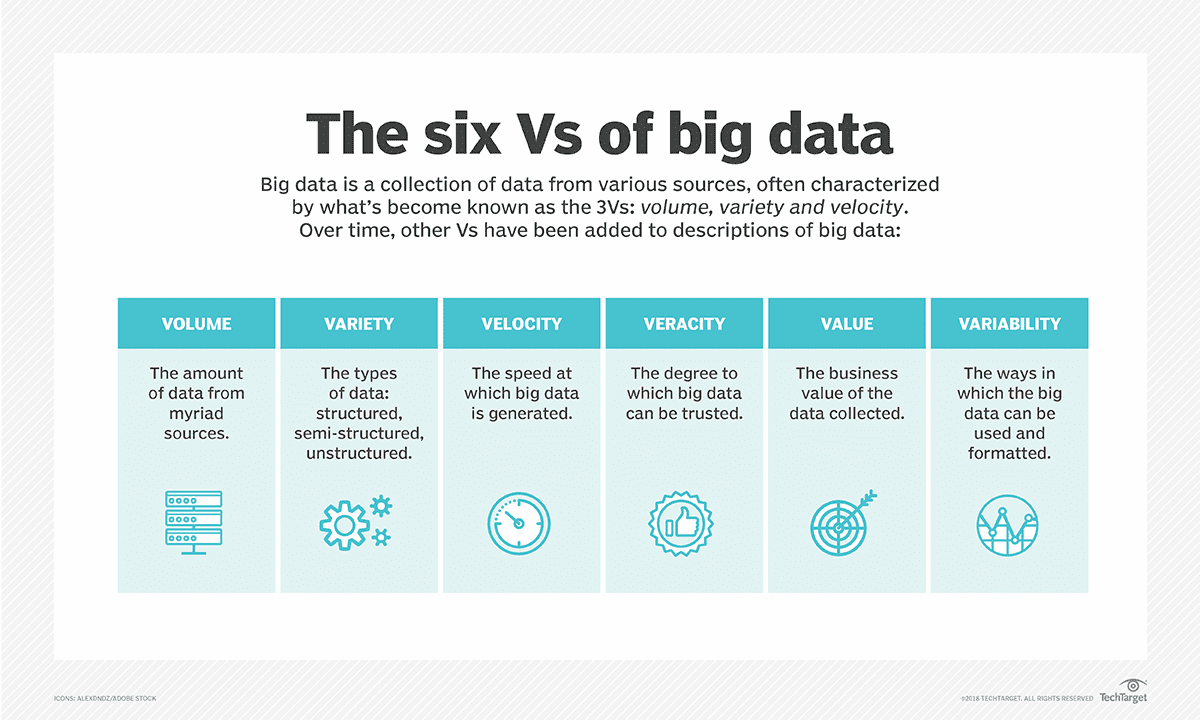BIGDATA AND HADOOP

Understanding Big Data and Hadoop
In today's digital world, businesses generate massive amounts of data. From customer transactions to website clicks, this data holds valuable insights that can drive business decisions and innovation. However, managing and analyzing such vast volumes of data can be challenging with traditional database systems.
What is Big Data?
Big Data refers to the enormous volume of data that businesses generate every second. This data comes from various sources such as social media, sensors, mobile devices, and more. The challenge lies in capturing, storing, and analyzing this data to extract meaningful insights.

Hadoop is an open-source framework designed to store and process Big Data in a distributed computing environment. It allows businesses to handle large datasets across clusters of computers using simple programming models. Here’s how it works:
Processing: Hadoop uses MapReduce, a programming model for processing and generating large datasets. It breaks down tasks into smaller parts, distributes them across nodes, and combines the results afterward.
Analytics: With Hadoop, businesses can perform complex analytics on Big Data. They can uncover patterns, trends, and correlations that traditional databases might miss.
Benefits of Big Data and Hadoop
Cost-Effective: Hadoop runs on commodity hardware, making it cost-effective compared to traditional data storage and processing solutions.
Speed: Hadoop processes large datasets quickly, enabling businesses to analyze data in near real-time and make timely decisions.
Real-World Applications
Finance: Processing large volumes of patient data to improve treatment outcomes and operational efficiency.

Statistics to Consider
The global Big Data market size is expected to grow from $138.9 billion in 2020 to $229.4 billion by 2025, at a Compound Annual Growth Rate (CAGR) of 10.6%.
By 2025, it’s estimated that 463 exabytes of data will be created each day globally, equivalent to 212,765,957 DVDs per day.
Companies that use Big Data analytics effectively can experience an average 8% increase in revenues and a 10% reduction in costs.
Conclusion :
In conclusion, Big Data and Hadoop empower businesses to turn vast amounts of data into actionable insights. By leveraging these technologies, businesses can gain a competitive edge, drive innovation, and achieve growth in today’s data-driven world. Explore Our Digital Marketing Courses:
Learn more about how to implement effective digital marketing strategies for your small business. Visit our courses page to discover comprehensive training programs designed to help you succeed in the digital landscape.
Connect With Us ...
